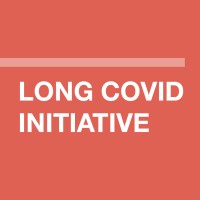
HCplus
A HCplus surge com para colmatar a falta de informação credível, isenta e relevante sobre suplementos alimentares, ervas, vitaminas, minerais, alimentos funcionais e práticas complementares, sendo a única plataforma nacional, exclusiva para profissionais de saúde, que agrega no mesmo sitio tudo o que precisa de saber sobre cada suplemento alimentar existente no mercado.






